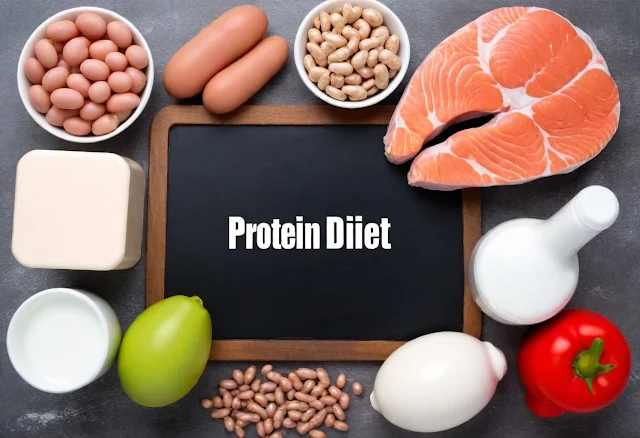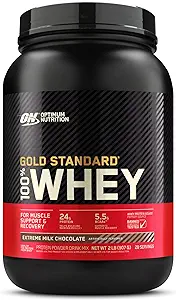When it comes to building muscle, protein intake plays a crucial role in supporting muscle repair, growth, and overall recovery. To expand on the topic of how much protein you need in a day to build muscle, there are several factors to consider:
1. Recommended Protein Intake:
- General Guidelines: Aim for an intake of 1.2 to 2.2 grams of protein per kilogram of body weight per day. For those who use pounds instead of kilograms, this range is equivalent to about 0.54 to 1 gram per pound of body weight.
- Higher Protein Needs for Active Individuals: People who engage in regular strength training or resistance exercises may benefit from consuming protein at the higher end of this range.
2. Types of Protein Sources:
- Complete Proteins: Aim to consume high-quality protein sources that provide all essential amino acids, such as animal-based proteins like chicken, fish, eggs, dairy, and lean meats. Plant-based sources like quinoa and soy also offer complete proteins.
- Variety of Sources: Incorporate a variety of protein sources in your diet, including both animal and plant-based options.
3. Timing of Protein Intake:
- Spread Throughout the Day: Distribute your protein intake evenly throughout the day by including protein in every meal and snack. This helps maximize muscle protein synthesis and recovery.
- Post-Workout Protein: Consuming protein shortly after your workout can help enhance muscle recovery and growth.
4. Balancing Nutrients:
- Carbohydrates and Fats: While protein is important, don't neglect other macronutrients. Carbohydrates provide energy for workouts and recovery, while healthy fats are essential for hormone production and overall health.
- Micronutrients: Vitamins and minerals play a supporting role in muscle health, so ensure you're getting a well-rounded diet with plenty of fruits, vegetables, and whole grains.
5. Individual Differences:
- Body Composition: Your current body composition (e.g., muscle mass vs. body fat) can influence your protein needs. Individuals with more lean muscle mass may need more protein.
- Training Intensity and Goals: Your workout intensity, frequency, and specific goals (e.g., bulking, cutting) can impact how much protein you need.
6. Protein Supplements:
- Use Judiciously: Protein supplements can be a convenient way to reach your daily intake, especially for those with busy schedules. However, it's best to focus on whole food sources as much as possible.
- Types of Supplements: Options include whey protein, casein protein, plant-based protein powders, and more. Choose one that aligns with your dietary preferences and needs.
7. Consult a Professional:
- Tailoring Your Intake: Given individual variations in protein needs, it may be beneficial to consult a registered dietitian or fitness professional. They can help create a personalized plan based on your goals, lifestyle, and health.
Conclusion:
Building muscle requires a balanced approach that includes adequate protein intake, consistent training, and sufficient rest and recovery. Adjusting your protein intake based on your body weight, activity level, and goals can help support muscle growth effectively.





